From the Chicago Reader (December 9, 2005). — J.R.
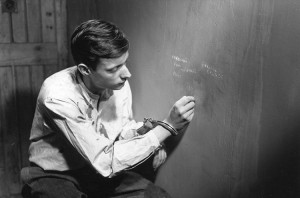
Based on a French lieutenant’s account of his 1942 escape from a gestapo fortress in Lyon, this stately yet uncommonly gripping 1956 feature is my choice as the greatest achievement of Robert Bresson, one of the cinema’s foremost artists. (It’s rivaled only by his more corrosive and metaphysical 1970 film Au Hasard Balthazar.) The best of all prison-escape movies, it reconstructs the very notion of freedom through offscreen sounds and defines salvation in terms of painstakingly patient and meticulous effort. Bresson himself spent part of the war in an internment camp and subsequently lived through the German occupation of France, experiences that inform his magisterial grasp of what the concentrated use of sound and image can reveal about souls in hiding. Essential viewing. In French with subtitles. 101 min. (JR)

Read more
From the Chicago Reader (March 3, 2000):
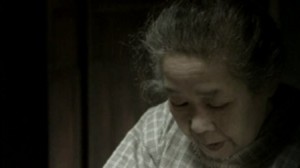
A Humble Life
Rating ** Worth seeing
Directed and written by Alexander Sokurov.
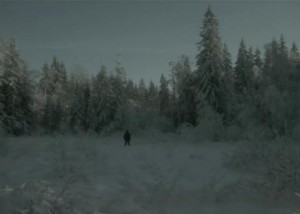
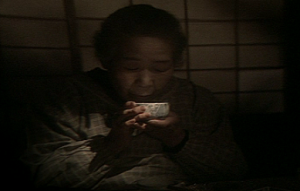
I’ve seen at least a dozen of Alexander Sokurov’s works, but I’ve had a rough time getting a clear fix on him. For one thing, I didn’t recall having seen either A Lonely Man’s Voice (1978), his first feature, or The Second Circle (1990), yet when I checked I found I’d written reviews of both a decade ago. Is my brain a sieve? Or is it that many of Sokurov’s works are like passing mists on the verge of evaporating? Like his late mentor Andrei Tarkovsky, Sokurov is a mystical master of indeterminate zones — sometimes making it impossible to determine whether a shot is in color or black-and-white, whether it’s showing an interior or exterior, and whether it represents inner or external realities. So much uncertainty can make a film hard to remember.
For another thing, Sokurov is extremely prolific as both a filmmaker and a video artist — the only filmography I have available, dating from early 1991, includes 20 items — yet much of his career remains undocumented. According to film historian Nicholas Galichenko, Sokurov isn’t even mentioned in the 1987 Soviet film encyclopedia Kino, even though — or is it because? Read more
Written for Artforum (February 2015). — J.R.
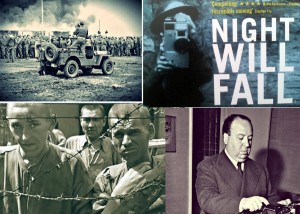
Doomed by shifting postwar social and political agendas, the never-completed documentary German Concentration Camps Factual Survey — launched in April 1945 by the Supreme Headquarters Allied Expeditionary Force and shelved in September — might have been the key nonfiction film on the subject had it been finished and shown as originally planned, as required viewing for German prisoners of war. Shot by trained GI cameramen accompanying British, American, and Russian troops as they liberated the camps, it might even have served as the principal disclosure to the rest of the world of the hitherto unthinkable conditions these troops uncovered.
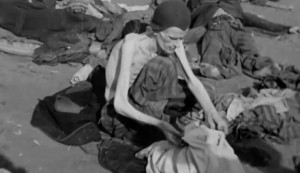
Produced by Sidney Bernstein — an old chum of Alfred Hitchcock’s who would later produce, uncredited, Hitchcock’s Rope (1948), Under Capricorn (1949), and I Confess (1953), and who persuaded Hitchcock to come to London to supervise the documentary’s postproduction — the film was halted by British embarrassment about the tangled fate of camp survivors (many of whom chose to remain in the camps, having nowhere else to go), combined with a reluctance to further demoralize the postwar German populace. But there was still enough of a desire to educate (or browbeat) the Germans to engage Billy Wilder to make a short film using parts of the atrocity footage, yielding Death Mills, which premiered in 1945 to five hundred viewers in Würzburg after a Lilian Harvey operetta, although only seventy-five or so remained to the end. Read more






